Voices of International Students

NIMISH SUDHIR GODSE
College of Geoscience, School of Life and Environmental Sciences
From India

What sparked your interest in this university?
What initially drew me to this university was its calm and peaceful environment, which felt ideal for focused study and personal growth. But what truly convinced me was the geoscience course structure—it starts with a wide exploration of Earth's dynamics and gradually allows you to specialize in a particular area. That flexibility really appealed to me, as I've always been curious about how the different systems of the Earth connect and function.
Another major factor was the strong emphasis on fieldwork. The opportunity to gain hands-on experience through various field trips and research projects stood out to me. I believe that learning directly in real-world environments, whether it's observing geological formations or collecting data outdoors, is essential in truly understanding geoscience. This program offers those experiences in a way that few others do, and that made it a perfect fit for me.
What aspects of Japanese culture or customs surprised you? How did you adapt to them?
Honestly, the first surprise was the trash sorting. I thought I was just throwing away a bottle, turns out I needed a mini PhD in recycling to get it right. It was confusing at first, but also kind of impressive. Now I double-check labels like it's a final exam. Another thing that surprised me was how much respect is shown to strangers—even if you bump into someone, they might apologize.

What do you enjoy about Tsukuba?
What I like most about Tsukuba is how calm and grounded it makes me feel. After spending time in Tokyo, with all the crowds, noise, and constant rush, coming back here is like a breath of fresh air. It's quiet but not boring—just the right balance.There are lots of nice parks, chill cafés, and little places to discover. And the university itself offers so many opportunities beyond just academics. You can take classes in things like sculpture, painting, or even marine sports like diving. In winter, there are options for skiing and snowboarding too, which I never expected from a university. Also, the range of clubs and circles is honestly amazing—there's pretty much something for everyone. You've got things like the yacht club, hiking club, horse riding, and so much more, from cultural groups to creative ones and even niche hobbies.
What do you hope to achieve during your time here?
The next step I'm aiming for is to continue into a master's program at this university, especially since I'm currently researching radionuclide dispersion in the ocean. I want to deepen my understanding of ocean dynamics and environmental modeling, and eventually use that knowledge to help the community—whether it's through improving environmental monitoring, contributing to safer policies, or raising awareness about ocean health.
As part of my research, we also go out for fieldwork, collecting ocean samples and environmental data. It's hands-on and sometimes physically demanding, but it really helps connect what we do in the lab to what's actually happening in the environment.
Outside academics, I try to stay active—I go to the gym, swim, play badminton with friends, and go hiking when I can.
What do you think makes the University of Tsukuba special?
Thing that really stands out is the strong connection to real research. Being in Tsukuba Science City means you're not just studying from textbooks—you're literally surrounded by some of Japan's top research institutes, like JAXA, KEK, AIST, and more. There are seminars, collaboration opportunities, and even chances to visit or intern at these institutions, which makes learning feel more alive and meaningful.
-

ASYRAF KAZUKI BIN ABDUL ZAKI
From Malaysia
-

CHUN PI HSIEH
From Taiwan
-

EI YADANAR MAUNG
From Myanmar
-

LIANG LIU
From China
-

EMMA ROSE DANGERFIELD
From Australia
-

IBRAHIM AKID
From Tunisia
-

LEYUN HUANG
From China
-

HYOWON LEE
From Korea
-

ZACHARY JAMES YOSHIOKA
From USA
-

NIMISH SUDHIR GODSE
From India
-

HASINI NIMANTHI KATIYAPE SAMARASEKARAGE
From Sri Lanka
-

MURAN XU
From China
-

YANG HU
From China
-

TE-YU HUANG
From Taiwan
-

SHAFIQULLAH YOUSAFZAI
From Afghanistan
-

QI SHI
From China
-

MYLES
From USA
-

ISRAT JAHAN
From Bangladesh
-

SOTHEARITH ENG
From Cambodia
-

FELIX COOMBER
From UK
-

WAI PHYO THU
From Myanmar
-

SRINITHI ASHOK KRISHNASWAMY
From India
-

SACHI JOCHI
From Japan/India
-

PING HUAN WANG
From Taiwan
-

NGHI NGUYEN BAO
From Vietnam
-

GUANGQI AN
From China
-

HELIO NONOSE
From Brazil
-

TAO LENG
From China
-

INSYIRAH
From Malaysia
-

ARAMAKI, CAUE SINGO
From Brazil
-
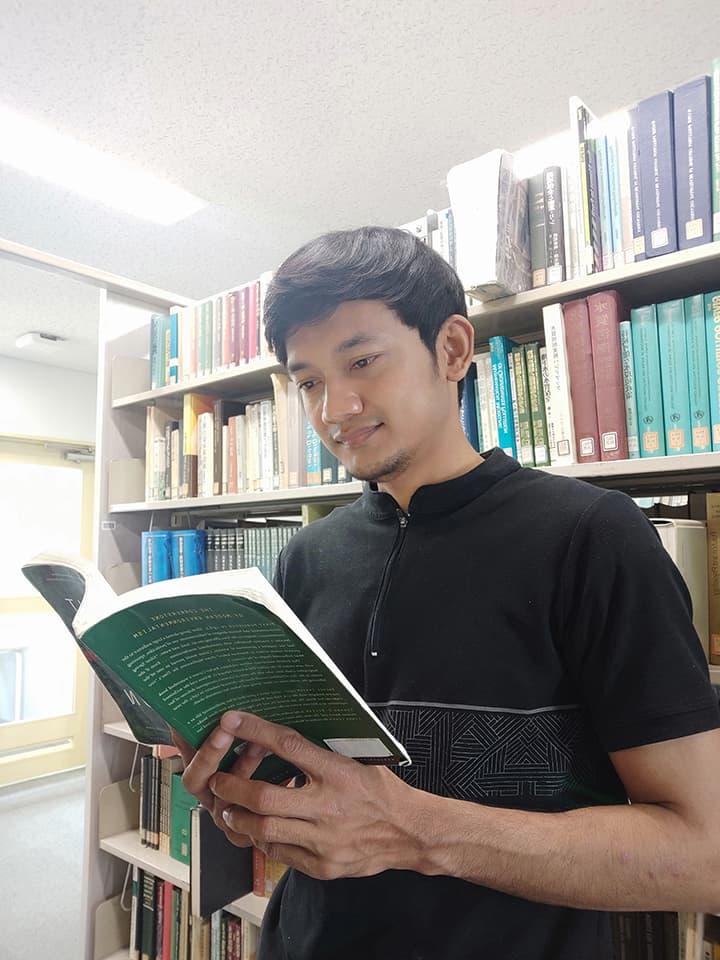
SUHARMAN
From Indonesia
-
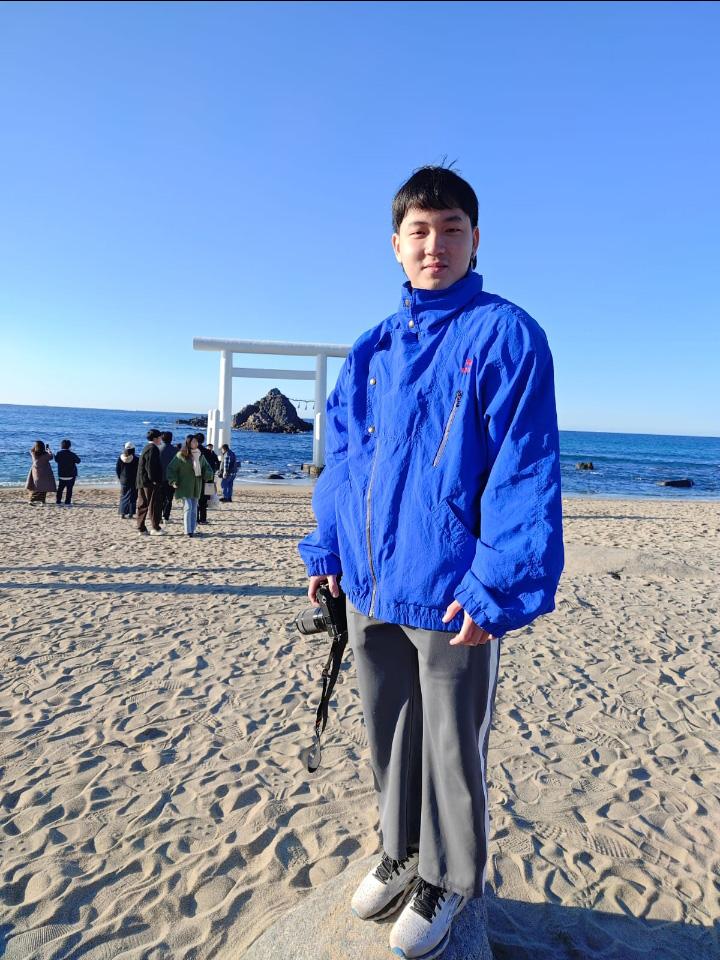
NG RAY SHAN
From Singapore
-
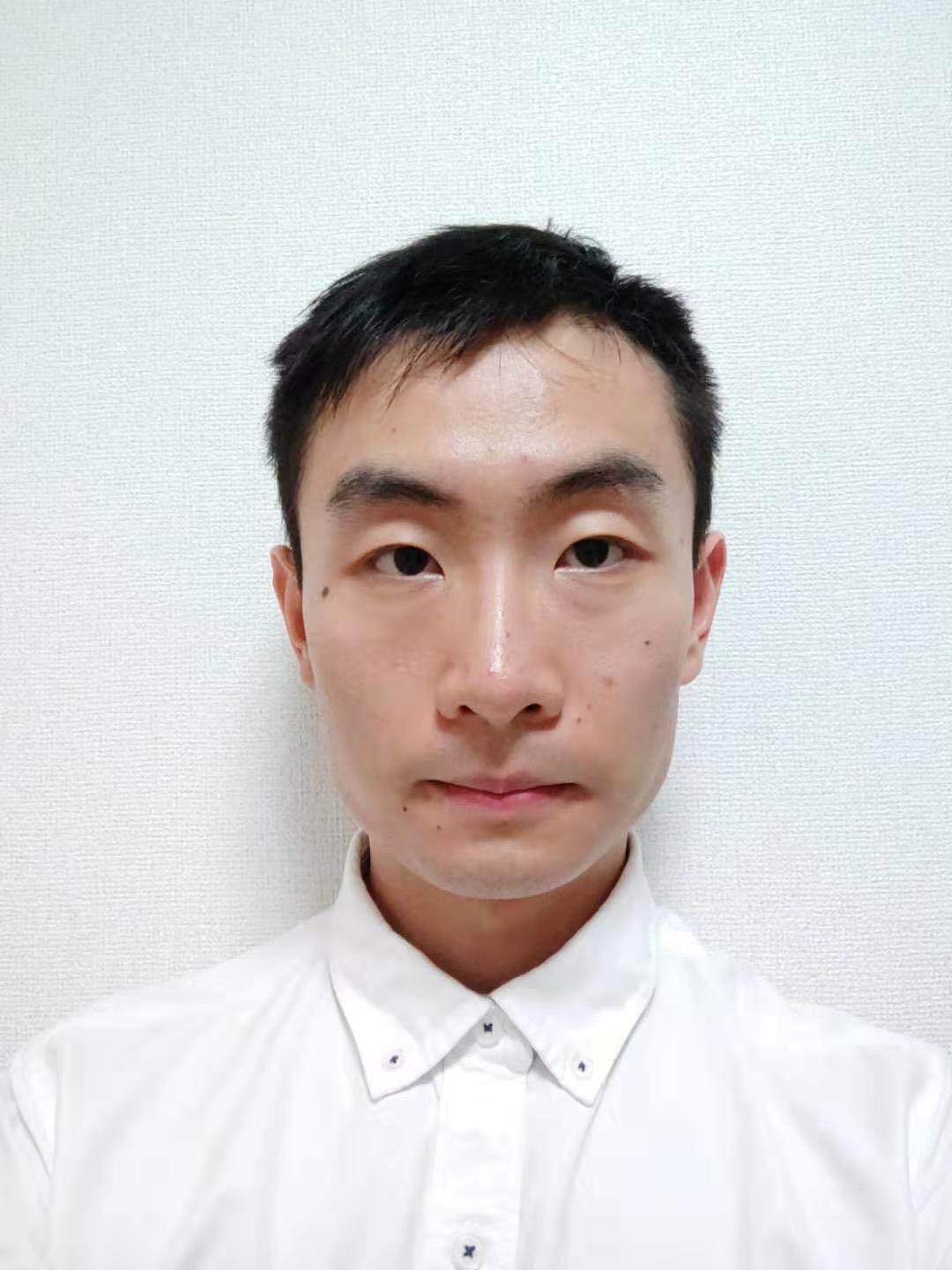
DU XIN
From China
-

YINA SHIN
From Korea
-
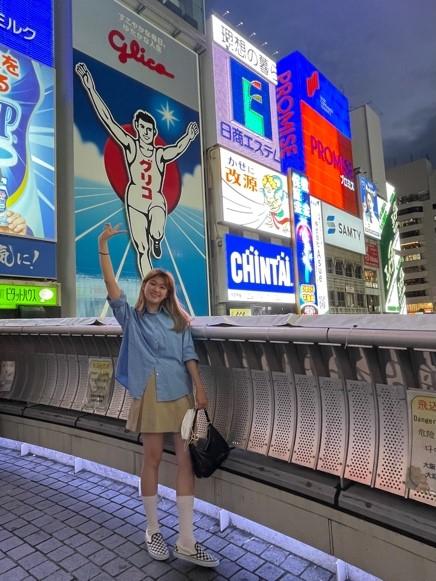
JOOEUN YOON
From Korea
-

REN YIHAN
From China
-

MENG LIYUAN
From China
-

WU BOQIAN
From China
-

YU, CHENG-HAN
From Taiwan
-
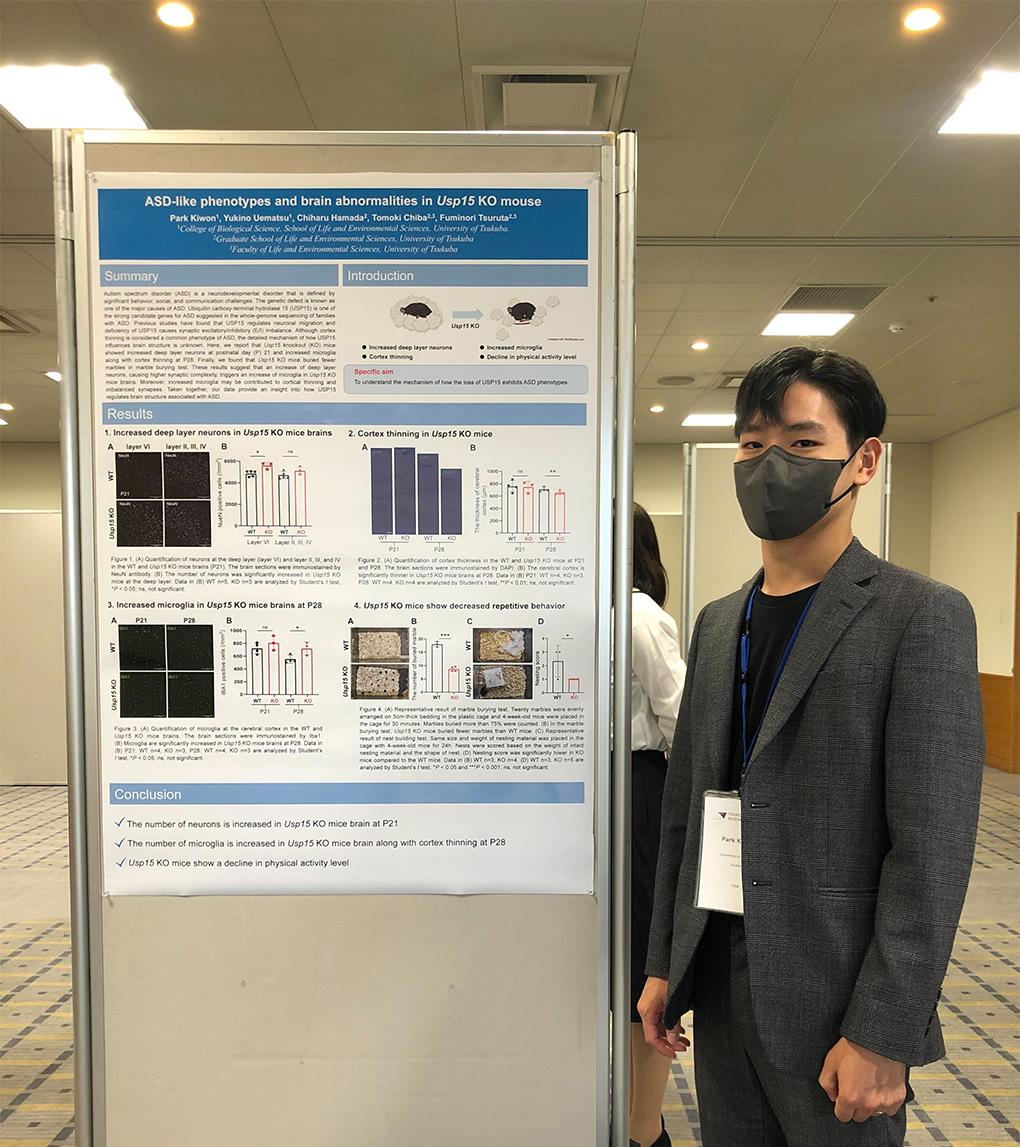
PARK KIWON
From Republic of Korea
-
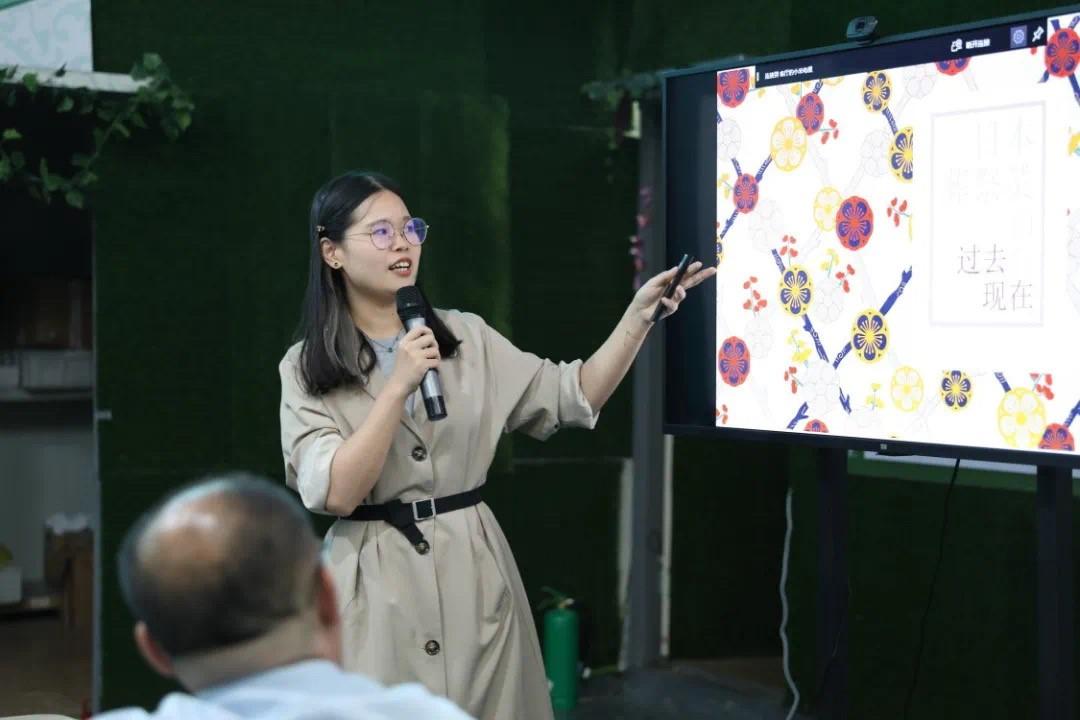
CHEN MIN
From China
-

CHAEYEON LEE
From Republic of Korea
-
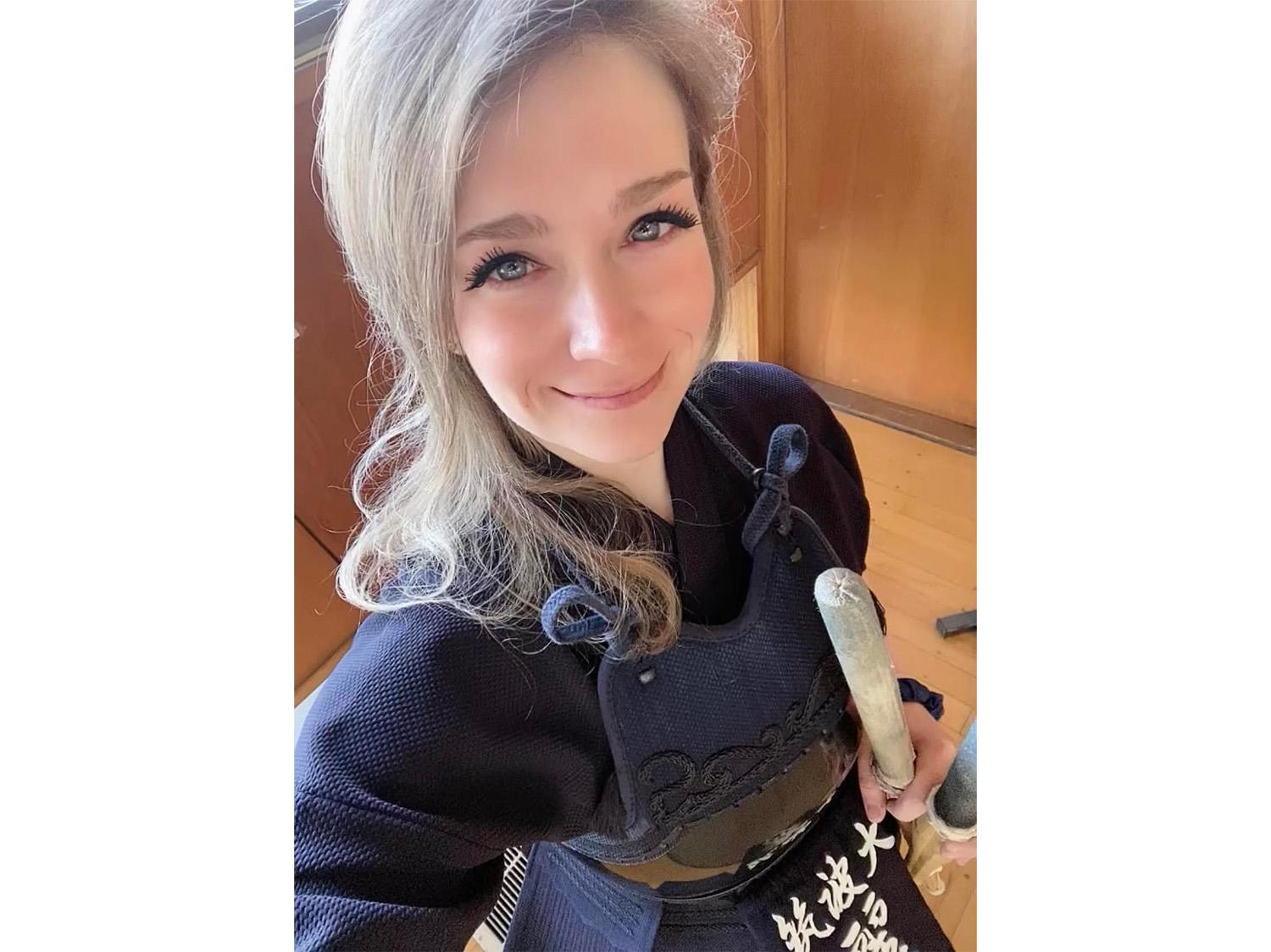
ELIZABETH BERGEN-BARTEL
From USA
-

LIAO, HSIN-YEN
From Taiwan
-
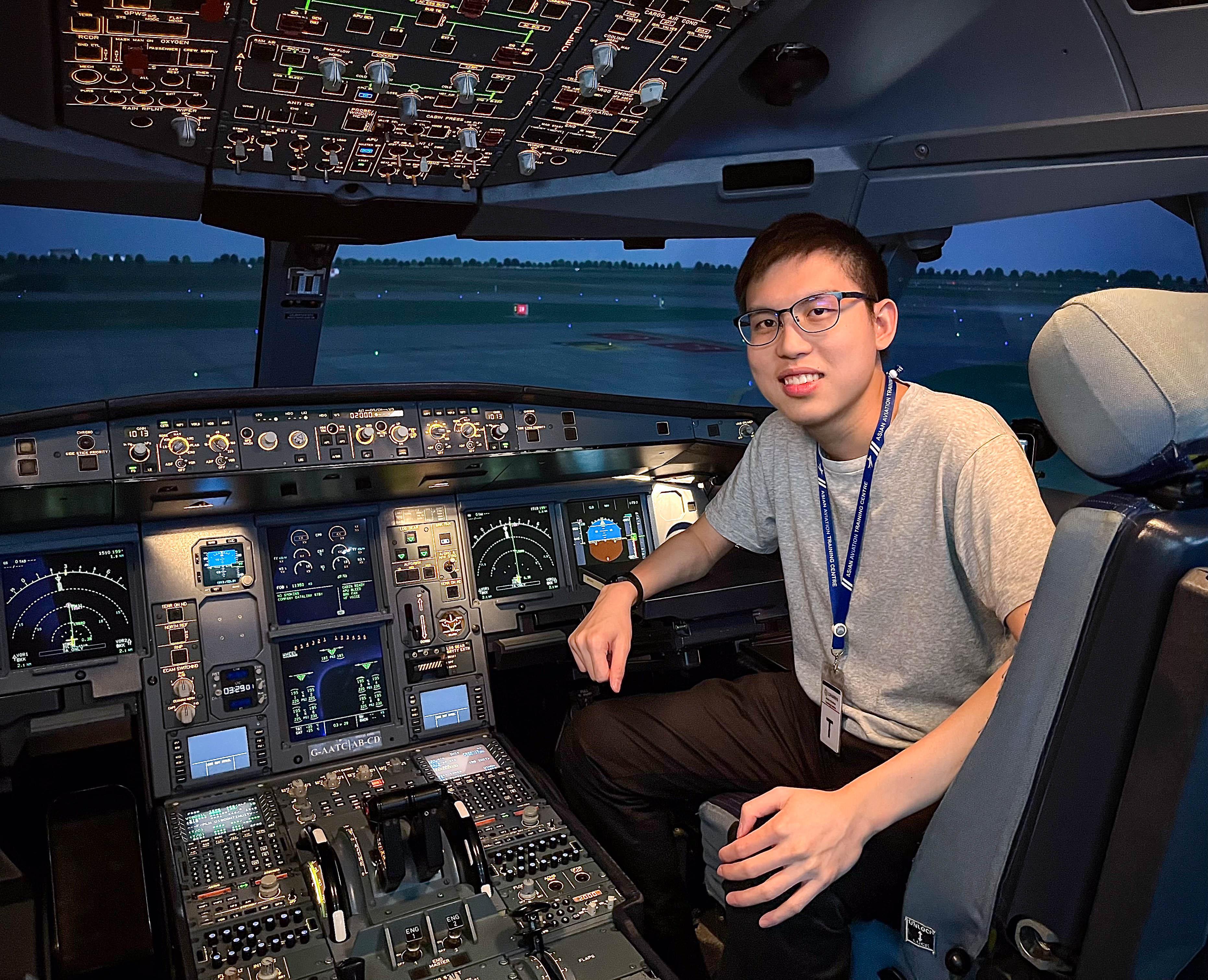
PAKORN WANGSUEKUL
From Thailand
-

NGUYEN THUY ANH
From Vietnam
-
LAN CHI
From Vietnam
-
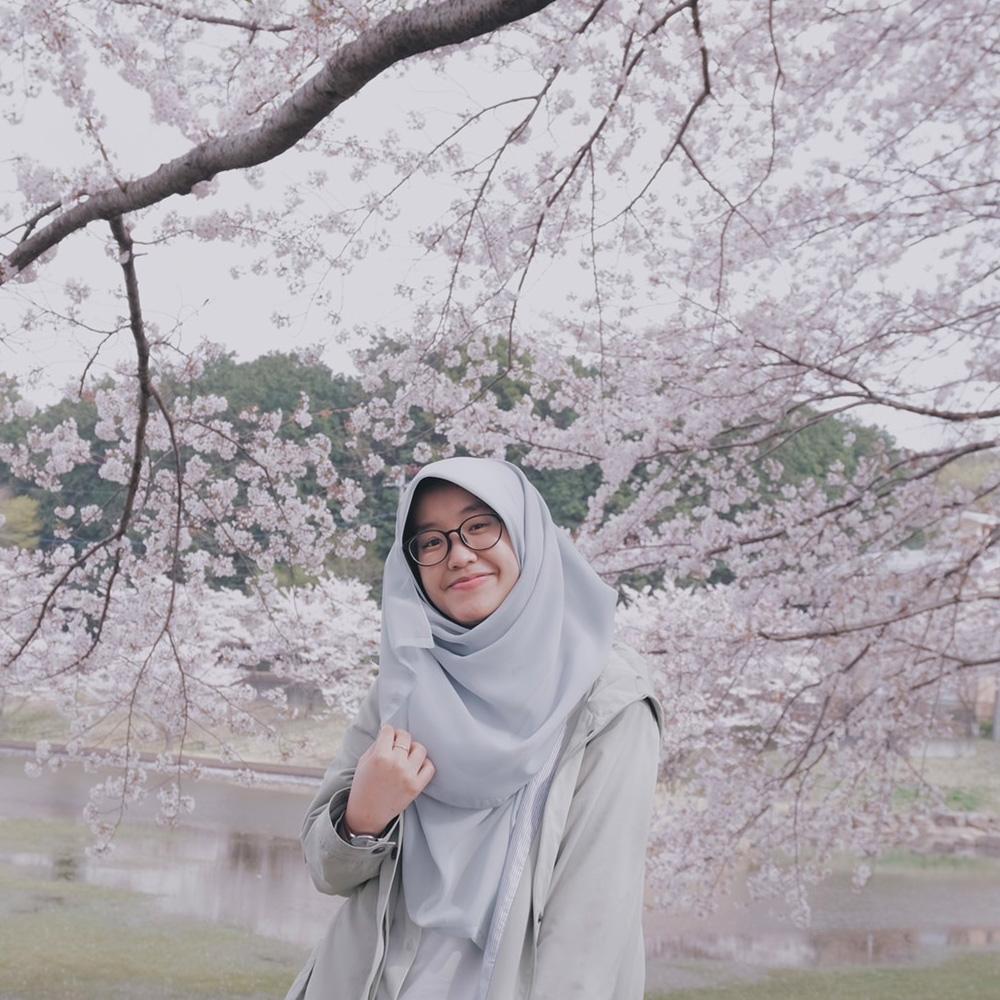
NADIA HASNA KARIMAH
From Indonesia
-

HNIN OO
From Myanmar
-

KAWTAR
From Morocco
-

NA
From China
-

AFSARI
From Bangladesh
-

REZA
From Indonesia
-

YOLANDA GRA?A
From Angola
-

ADOM
From Ghana
-

SUDHIR
From India
-

MIKI
From Mongolia/Japan
-

AISANA
From Kazakhstan
-

VITHOR SILVA
From Brazil
-

CHINMAY
From India
-

JEE
From Thailand
-

ISLA
From Taiwan
-

MIVE
From Turkmenistan
-

LAURA
From Argentina
-

SERGIO
From Colombia
-

LENNY
From India
-

ZHANAR
From Kazakhstan
-

PENG
From Malaysia
-

RAVI
From Nepal
-

SUNITA
From Nepal
-

ATOM
From Thailand



